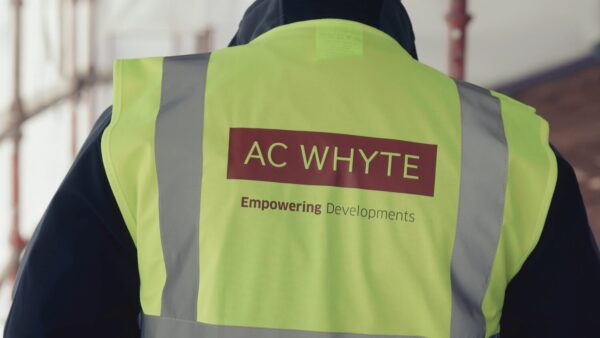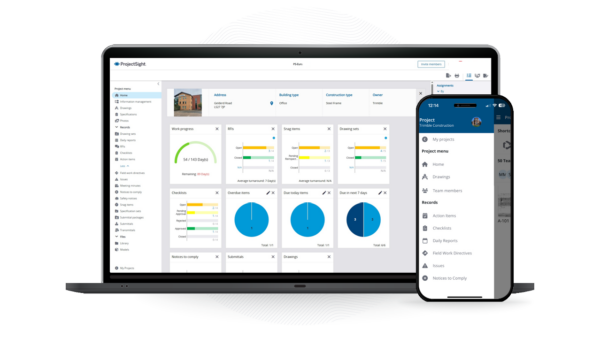
The Construction Leadership Council (CLC) has set out a framework for digital competencies. It focuses on core data and digital competencies across all sectors and sizes of organisations.
The framework is detailed in a 51-page document. It states: “The emphasis is on broad, overarching competencies in all roles and not in digital-specific roles. This report addresses both office-based processes and construction- or project-related processes and systems. This is not just about having digital or online systems and processes for business (e.g. accounts, invoices etc), but about the full spectrum of digital opportunities in running businesses and delivering projects, including technologies, automation and integration.”
The CLC framework draws inspiration from the Construction Industry Training Board’s Digital Competence Framework for Construction and is separated into two broad groups:
Register for free or sign in to continue reading
This is not a paywall. Registration allows us to enhance your experience across Construction Management and ensure we deliver you quality editorial content.
Registering also means you can manage your own CPDs, comments, newsletter sign-ups and privacy settings.















